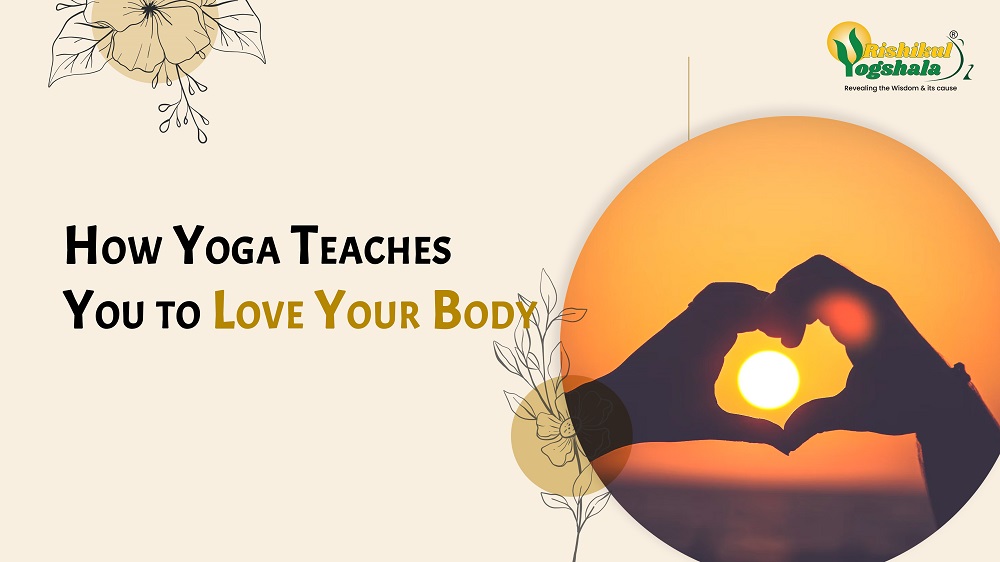In Search of Unity Through Yoga
- Blog
- /
- Yoga Lifestyle and Tips
- /
- In Search of Unity...

The Quest for Unity: Exploring Yoga and Its Philosophical Roots
Human beings often grapple with questions about the purpose of life, our responsibilities to society, and what might bring fulfillment. This journey of contemplation has led to various philosophies across cultures. Western thought introduced Existentialism and Absurdism, while Eastern philosophies emphasized Karma and the cycle of birth and rebirth, aiming for the attainment of Nirvana. The concept of “union” with a higher power is central to many spiritual practices. Historical figures like the sixteenth-century English poet John Donne and the revered poet-saint Meera have exemplified this quest for divine connection. This timeless desire persists in our modern age.

The Modern Pursuit of Unity
In today’s fast-paced world, we often push our concerns into our subconscious due to the overwhelming nature of our lives. We long for a sense of unity that integrates our mind, body, and soul—a holistic sense of self.
What is Unity?
Defining ‘unity’ can be complex due to its subjective nature. Generally, it refers to a sense of ‘togetherness’ or the coming together of different elements. In the context of yoga, understanding unity requires a look into the historical development of various global philosophies that contributed to its evolution.
Historically, the search for unity has been tied to the concept of a creator or a higher power. Throughout religious texts and philosophical movements like Bhakti and Sufism, the desire for union with a divine entity is evident. This pursuit of unity is not a new concept but one that has been woven into the fabric of human history.
The Evolution of Unity
As philosophical thought evolved, the focus shifted from divine inquiry to self-exploration. During the Renaissance, European thought began emphasizing the self, and this introspection continued into modern times. Today, unity can mean different things to different people—it could be a connection with oneself, nature, or a divine presence, depending on individual beliefs.
What is Yoga?
Yoga, derived from the Sanskrit word meaning ‘to unite,’ is an ancient practice originating from India. It encompasses a system of physical and mental disciplines designed to promote a better, healthier life. The earliest recorded philosophy of yoga is found in the Yoga Sutras, dating back to around 200 BC.
The primary goal of yoga is to harmonize the body’s energy and channel it productively. It supports holistic well-being and fosters a way of life beyond mere practice.

How Yoga Facilitates Unity ?
Yoga’s very definition—’to unite’—reflects its purpose of creating a connection between body, mind, and spirit. The meditative and breathing techniques in yoga promote a sense of oneness. Though practiced in groups, It remains a deeply personal experience, connecting practitioners with their own thoughts and the divine.
Through deep, relaxing breaths and meditation, yoga helps clear negativity, relax the body, and unify mind and spirit. As you delve deeper into meditation, you might experience a profound connection with your essence and the gift of life, merging mind, body, and spirit.
Conclusion
This offers a profound path to achieving various forms of spiritual union, tailored to individual desires and beliefs. Whether you seek to connect with your inner self, your surroundings, or a higher power, it provides a versatile practice to meet these needs. Explore the transformative by registering for Yoga Teacher Training In India and immerse yourself in this ancient art. For a more comprehensive journey, consider our 200 Hour Yoga Teacher Training, 300 Hour Yoga Teacher Training . Enhance your practice further with our Ayurveda Retreat or a Yoga Retreat in the serene landscapes of Kerala.
Explore more about our offerings and start your journey toward unity today at Rishikul Yogshala.








